
This is our third year of recapping the best books we’ve read over the past year.
Here are the 2017 and 2016 lists.
We’re so glad that the number of both readers and reviewers of EcoLit Books have grown enough to now have an annual tradition of celebrating our favorite books of the year.
And this is indeed something to celebrate because there were some amazing environmental and animal-themed books published over the past year, and these aren’t necessarily the books you’ll see on more mainstream “best of the year” lists.
But these books are, in our humble opinion, some of the more important books of the year. Tackling topics that range from rethinking farming practices to how to coexist with wildlife in urban areas to our evolving relationship with the land and its many creatures.
I hope you enjoy the list. Thanks so much to our readers — and especially our contributors — for making EcoLit Books an online hub for eco-literature. Here’s to another year of reading like you give a damn.
Jacki Skole
American Wolf: A True Story of Survival and Obsession in the West by Nate Blakeslee

American Wolf: A True Story of Survival and Obsession in the West by Nate Blakeslee is a riveting account of the life and untimely death of O-Six, Yellowstone’s most famous wolf. It is also the story of humanity’s timeless attempt to bend nature to its will, no matter the cost.
Rising by Elizabeth Rush

Rising by Elizabeth Rush takes readers on a graphic tour of U.S. coastal communities grappling with the devastating effects of climate change. From Maine to Miami, the Gulf Coast to the Bay Area, Rush reveals how lives, livelihoods, and entire ecosystems are undergoing irrevocable changes that are destined to leave many of these communities uninhabitable. It is not an uplifting read, but it is an important one.
Midge Raymond
Clean Meat by Paul Shapiro. 2017.
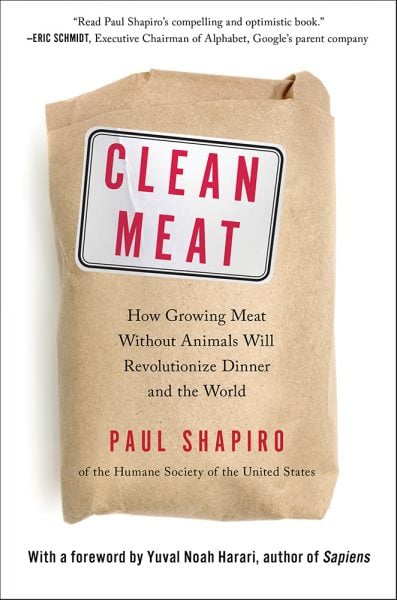
While the notion of “cultured meat” or “lab-grown” meat may sound odd to many, Paul Shapiro’s book makes the case for why this new industry is among our best hopes for, quite literally, saving the world….Clean Meat should be read by anyone who cares about the planet, but most of all by those who currently eat and wear animals the way these products are made today. This book provides a detailed, well-rounded examination of a new industry that highlights the challenges — and the incredible possibilities — of feeding and clothing us all in an increasingly populated and demanding world.
Heather Taft
Reflecting on the environmental books I’ve read this year, two really stand out to me. My first recommendation is a children’s book I read this summer for 8-11 year olds called Poacher Panic by Jan Burchett and Sara Vogler, illustrated by Diane Le Feyer.

This book focuses on the rescue of a wild tiger in Sumatra and her two cubs that are set to be taken by poachers once the cubs are old enough to leave their mom. Ben and Zoey work to track down the tigers, while they try to figure out who the poachers are, so they can rescue the tigers before the poachers get to them first. Their research also teaches them about the trafficking of wildlife and animals parts. The book is written at an appropriate level for children. It is also the first book in the Wild Rescue series, so there are more books focused on other species and wildlife issues around the world to choose from if your child likes this one.
Lion Hearted: The Life and Death of Cecil & the Future of Africa’s Big Cats by Andrew Loveridge
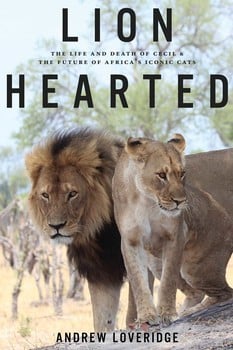
Clearly I have a passion for big cats. As a conservation biologist I knew trophy hunting had devastating effects on lion prides in Africa. This book explained the nature of lion prides and the impact of losing males over and over again, leading to decreasing pride sizes. I also was not aware of the extent of government involvement in trophy hunting and the impact this can have on a researcher trying to save the lions they are using to make money. It was a very interesting and informative read for me.
John Yunker
Where Song Began: Australia’s Birds and How They Changed the World by Tim Low

Thanks to DNA, we now know that Australia is the wellspring of the planet’s songbirds. And it wasn’t until the second half of the last century that Australians themselves began to appreciate that songbirds evolved in their backyards. And it’s not only songbirds that Australia gave the word but parrots.
The Overstory by Richard Powers
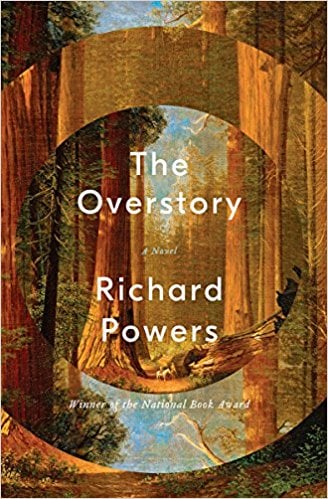
When we started EcoLit Books five years ago, this was the type of book I had in mind. A novel that places nature in its proper place in relation to people. That is, above us — in this case, both figuratively and literally. In The Overstory, Richard Powers has crafted an epic novel that stretches hundreds of years, culminating in a series of life-and-death environmental battles. But even more so, this is a novel about rediscovering the largest and oldest living creatures on our planet.
The Center for Humans and Nature
Farming While Black: Soul Fire Farm’s Practical Guide to Liberation on the Land by Leah Penniman, Chelsea Green Publishing

Beasts at Bedtime: Revealing the Environmental Wisdom in Children’s Literature by Liam Heneghan, University of Chicago Press
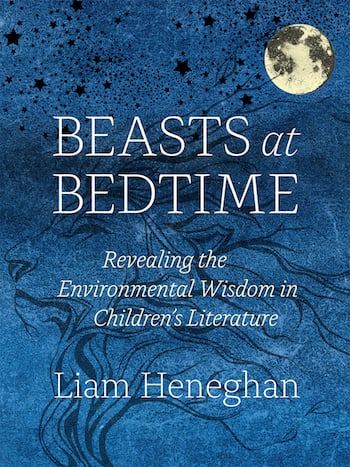
Rust Belt Arcana: Tarot and Natural History in the Exurban Wilds by Matt Stansberry, Belt Publishing

This Radical Land: A Natural History of American Dissent by Daegan Miller, University of ChicagoPress
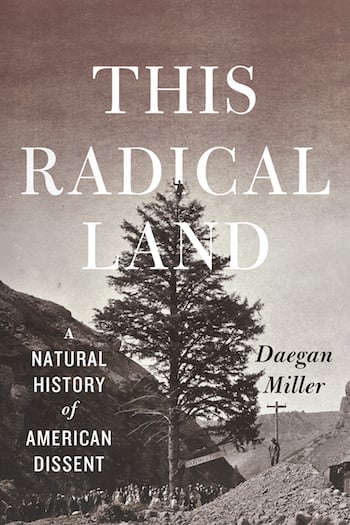
Rising: Dispatches from the New American Shore by Elizabeth Rush, Milkweed Editions
The Overstory: A Novel by Richard Powers, W.W. Norton
Food from the Radical Center. Healing Our Land and Communities by Gary Paul Nabhan, Island Press
Wildly Successful Farming Sustainability and the New Agricultural Land Ethic by Brian DeVore, University of Wisconsin Press
The Tangled Tree: A Radical New History of Life by David Quammen, Simon & Schuster

Timefulness: How Thinking Like a Geologist Can Help Save the World by Marcia Bjornerud, Princeton University Press
Underbug: An Obsessive Tale of Termites and Technology by Lisa Margonelli, Farrar, Strauss Giroux
New Dark Age: Technology and the End of the Future by James Bridle, Verso
Climate Leviathan: A Political Theory of Our Planetary Future by Joel Wainwright and Geoff Mann, Verso, 2018
The Way of Coyote: Shared Journeys in the Urban Wilds by Gavin Van Horn, University of Chicago Press
Frog Pond Philosophy: Essays on the Relationship between Humans and Nature by Strachan Donnelley, edited by Ceara Donnelley and Bruce Jennings, University Press of Kentucky

John is co-author, with Midge Raymond, of the Tasmanian mystery Devils Island. He is also author of the novels The Tourist Trail and Where Oceans Hide Their Dead. Co-founder of Ashland Creek Press and editor of Writing for Animals (also now a writing program).

